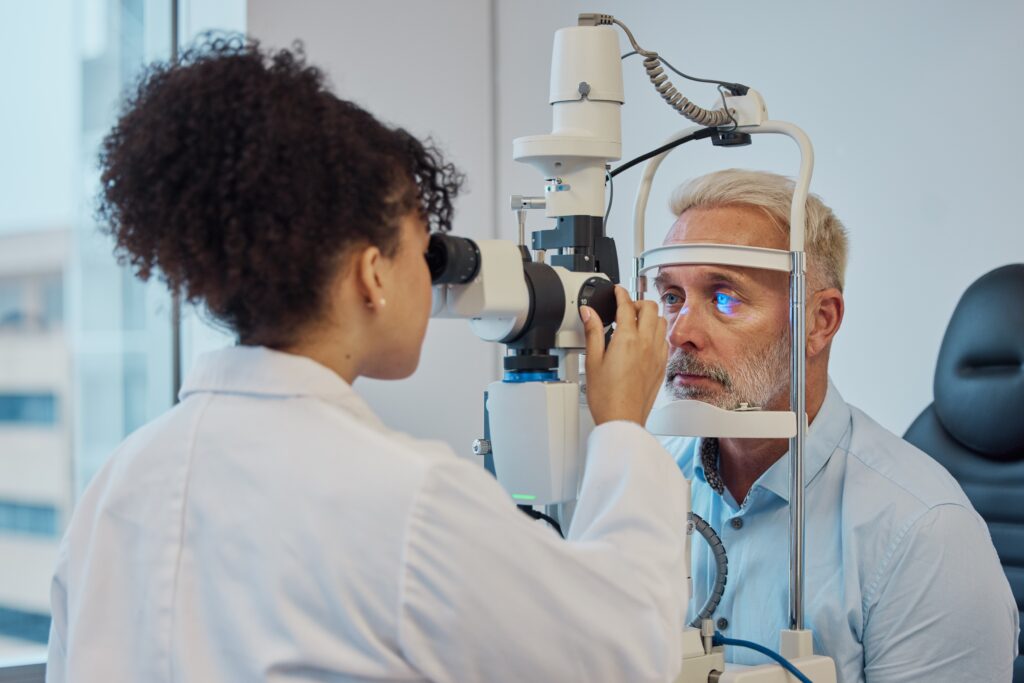
About Eye Exams
Simple vision acuity tests are definitely routine for most patients. Children often are given vision screenings at school, and employees may be required to take them for work purposes. Acuity assessments are also done when getting a new driver’s license. However, a thorough eye exam on a regular basis is especially important to ensure that your eyes are clear of disease. These exams are very important since some serious, vision-threatening diseases, such as cataracts, won’t give any red flags. Ensure your eye health by scheduling appointments yearly at Kirk Eye Center in all 4 of our locations.
What Are the Benefits of Eye Exams?
Regardless of whether you’ve had vision issues in the past, eye exams are crucial to maintaining ocular health. Benefits of regular eye exams administered at Kirk Eye Center:

Do I Need an Eye Exam?
Attending comprehensive eye exams on a routine schedule is important for all adults and children. This applies even when you haven’t had any indications of a problem. Patients who are 18 – 60 years old, without any prior medical eye history, should have a comprehensive eye exam every other year. Men and women aged in their 60s and older should have a comprehensive eye exam annually to detect early signs of cataract, macular degeneration or glaucoma. In-depth eye exams can also reveal other major yet manageable medical issues, for example, injury to the retina, high blood pressure, and diabetes. Patients need to also keep in mind that it’s very important to schedule regular eye assessments for their school-age kids. Experts have shown that one-fourth of kids have some kind of vision concern due in part to the large recent spike in children’s technology time.
What To Expect During Your Exam
When you come in for your appointment, you should bring your glasses and contacts, along with a current list of any prescription and nonprescription drugs you are on. Your eye exam will begin with a basic visual acuity test to measure how sharp your vision is. If it establishes that you need prescription lenses, we will likely then perform refraction testing to decide what your lens prescription should be. Then, we will perform a confrontational visual field test, which tells us the range of your peripheral vision, as well as helps in uncovering certain other eye conditions. A careful pupil exam will be performed with a handheld light, and your intraocular pressure will be measured after you have received an anesthetic eye drop with either a handheld tonopen or via Goldmann applanation tonometry.
Finally, we will give you a slit lamp exam to obtain a magnified, full-aspect 3D view of certain parts of your eyes, including the eyelids, cornea, conjunctiva, iris, and lenses. Dr. Kirk will then assess the health of your optic nerve and retina with a careful dilated fundus examination as part of your comprehensive exam.
Frequently Asked Questions
Special Diagnostic Exams
At Kirk Eye Center, we are happy to perform specialized diagnostic evaluations for patients who are experiencing or have an elevated chance of certain serious eye problems, like glaucoma and diabetic retinopathy. With most eye conditions, early discovery and identification are crucial to proper medical care.
Glaucoma
To detect and diagnose glaucoma, our ophthalmologists may do more tests beyond the ones previously conducted in your routine comprehensive exam. Beyond careful intraocular pressure check, a check of your cornea thickness (pachymetry) will be performed, as well as an examination of the drainage angle between your cornea and iris (gonioscopy), additional diagnostic tests such as optic nerve fiber layer mapping (optical coherence tomography), or automated visual field testing (Humphrey visual field) may be necessary to properly evaluate your risk for or severity of glaucoma.
Macular Edema and Diabetic Retinopathy
If you may be vulnerable to diabetic retinopathy or macular edema, we will have to enlarge your pupils with eye drops to allow an unobstructed look at your retina. This enables us to assess your eyes for any damage to the retina and irregularities in the retinal blood vessels. Your doctor may also perform an image test of your macula called an OCT (optical coherence tomography) to assess for swelling in the macula. If there are significant signs of edema or neovascularization from either diabetes, macular degeneration, or other causes, Dr. Kirk may refer you for an examination with our board certified fellowship trained retina specialist who comes to both our River Forest and Gurnee locations weekly to provide comprehensive advanced level retinal examination and treatment.
Eye Exam Follow-Up
After your comprehensive eye exam is over, someone will talk to you about setting up your next exam. Even patients who do not exhibit any problems on their eye exam should continue to schedule eye exams at least once every other year so that if any problems do crop up, they can be addressed immediately. You might be asked to set up a visit for additional testing or treatment if Dr. Kirk detects any signs of possible concern.
Ensure Your Eye Health
Many patients don’t think about their ocular health until a vision problem occurs. However, eye health involves more than only vision. We invite you to set up a comprehensive eye exam with one of our board-certified eye specialists in one of our 4 locations. Kirk Eye Center uses innovative technologies and techniques to examine your eyes so that any issues can be detected and treated early.

